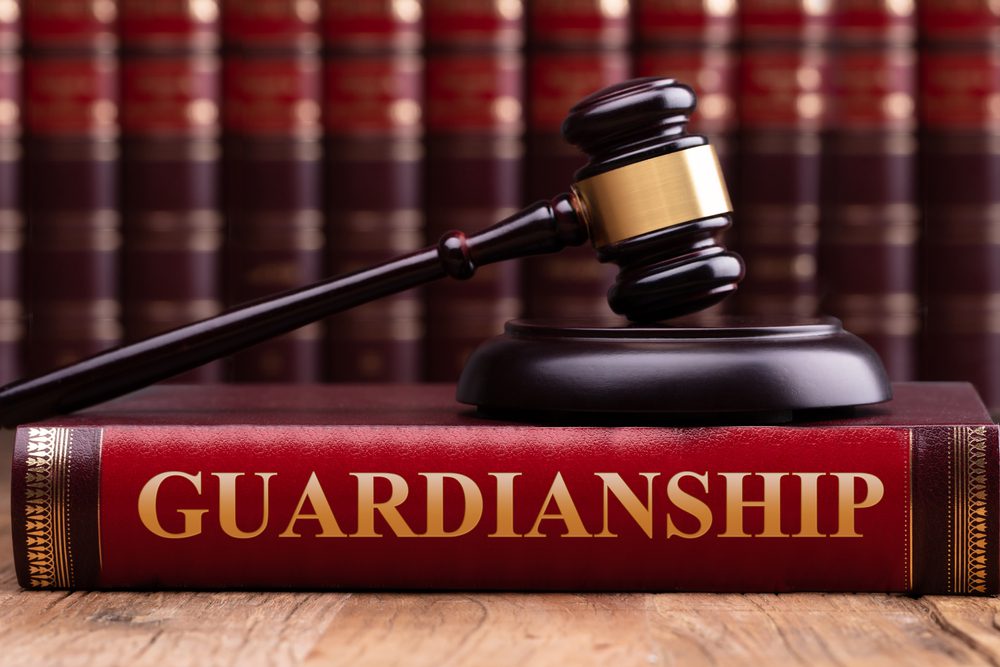Entering college is an exciting milestone for young adults, filled with new opportunities and independence. However, in all the excitement, many families or students overlook the importance of preparing for potential medical emergencies during this transition.
A medical power of attorney for college students provides a safeguard that ensures parents or trusted individuals can make critical healthcare decisions on behalf of their child if necessary. This legal document offers peace of mind, enabling parents to act quickly during emergencies when their adult child cannot make decisions themselves. May Herr & Grosh, LLP is here to help you prepare this document.












